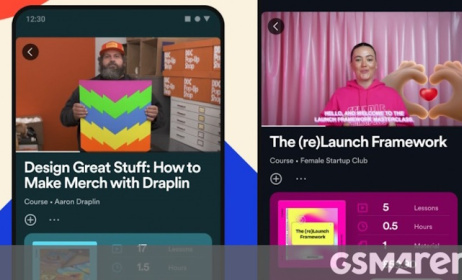Elvis Act: Music industry welcomes Tennessee AI legislation
Tennessee governor Bill Lee last week signed legislation to safeguard musicians and industry professionals from the risks posed by artificial intelligence (AI).
 The legislation seeks to protect creators. Photo: Igor Omilaev
The legislation seeks to protect creators. Photo: Igor Omilaev
The law, known as the Elvis Act, named after the US pop icon, takes effect in July and protects vocal likeness along with names and photographs. Specifically, it aims to prevent AI tools from replicating artists’ voices without consent and establishes civil action against unauthorised use.
“Artists have intellectual property. They have gifts. They have a uniqueness that is theirs and theirs alone, certainly not artificial intelligence,” Lee said.
A statement from his office says that “artists and musicians at all levels are facing exploitation and the theft of their integrity, identity and humanity. This threatens the future of Tennessee’s creators, the jobs that they support across the state and country, and the bonds between fans and their favourite bands.”
Supporters, including industry leaders like Recording Academy CEO Harvey Mason Jr, see the development as crucial in protecting creativity and authenticity in music.
“The Recording Academy celebrates the passage of the Elvis Act as a groundbreaking achievement in the effort to protect human creators in the age of AI,” Mason said. “This milestone represents the power of collaboration, and it was a privilege to work with our partners in the Human Artistry Campaign, governor Lee, and the Tennessee state legislature to move the Elvis Act forward. Today is just the beginning – as AI continues to develop, the Recording Academy and our members will continue to support meaningful legislation across the country that uplifts music people and human creativity.”
Recording Industry Association of America chairman and CEO Mitch Glazier added: “This incredible result once again shows that when the music community stands together, there’s nothing we can’t do. We applaud Tennessee’s swift and thoughtful bipartisan leadership against unconsented AI deepfakes and voice clones and look forward to additional states and the US Congress moving quickly to protect the unique humanity and individuality of all Americans.”
On his part, American Idol judge Luke Bryan said: “What an amazing precedent to set for the state of Tennessee. The leaders of this are showing artists who are moving here following their dreams that our state protects what we work so hard for, and I personally want to thank all of our legislators and people who made this bill happen. It’s hard to wrap your head around what is going on with AI, but I know the Elvis Act will help protect our voices.”
The legislation follows the introduction of the No AI Fraud Act in the US congress in January as part of bipartisan efforts to prevent AI-generated deepfakes misusing people’s images and voices.
Meanwhile in Europe, the European Parliament introduced on 13 March the EU AI Act, which imposes various legal and transparency obligations on tech companies and AI developers operating on the continent, includes those in the creative sector and music industry.
Additionally, music giants like Universal Music Group and Roland Corporation are outlining principles for ethical AI use in music creation. On 20 March, both companies announced their collaboration on a research and development hub aimed at verifying the source of music.
“At UMG, we have long recognised and embraced the potential of AI to enhance and amplify human creativity, advance musical innovation and expand the realms of audio production and sound technology,” UMG chief digital officer and executive vice-resident Michael Nash said. “This can only happen if it is applied ethically and responsibly across the entire industry.”
NPOs like Fairly Trained are also certifying AI models to ensure fair and ethical practices in the industry, with support from prominent groups like the Authors Guild and SAG-AFTRA.
“Too many generative AI companies exploit copyrighted work without permission,” the Authors Guild said. “The certification incentivises AI companies to train on licensed data and centres human creators in the AI landscape. It is an important step towards ensuring human authors have consent and receive compensation from the use of their works in AI training.”
























Commentaires
s'identifier or register to post comments